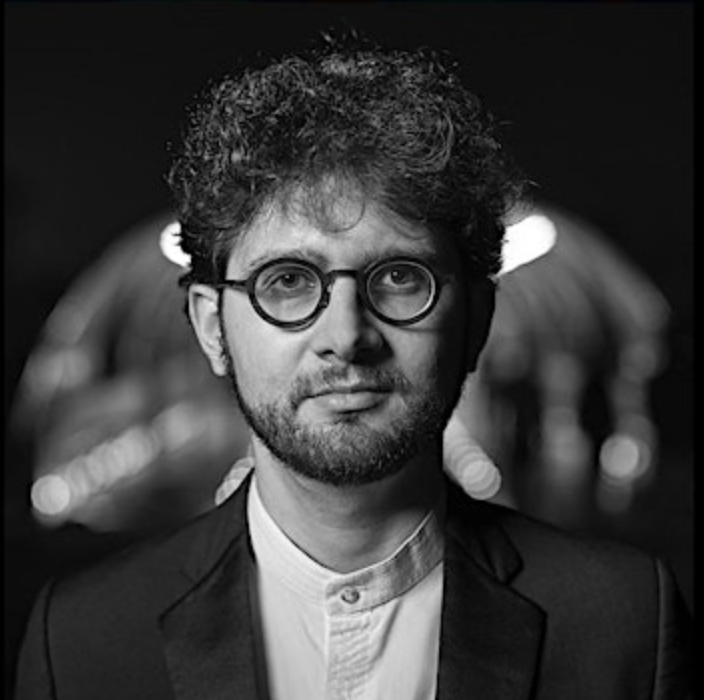by Daniel Hathaway
On Saturday, Snowbelt Symphony plays in Chardon at 4, violinist Chad Hoopes & pianist Wu Qian perform on the Wayne Center series in Wooster at 7, David Hayes conducts the Canton Symphony at 7:30, and Cleveland Jazz Orchestra & The Musical Theater Project collaborate for “The Gershwins Are Girl Crazy” at the Maltz at 7:30.
Sunday’s lineup includes a 2 pm Tri-Classical Piano solo recital by Roman Rabinovich (pictured), a 2 pm Cleveland Cello Society lecture-recital by Liam Battle at Judson Park Auditorium, the 21st annual Northeast Ohio Band Invitational at 2 pm at Severance Music Center, the Suburban Symphony in Beachwood at 3:30, and Oberlin’s Winter Term Opera (The Infinite Energy of Ada Lovelace) in Warner Concert Hall at 7:30.
For details of upcoming events, visit our Concert Listings.
TODAY’S ALMANAC
January 25:
German conductor and composer Wilhelm Furtwängler was born on this date in 1886 in Berlin and rose to become the premier podium presence in Germany during the Third Reich, leading both the Berlin Philharmonic and the Gewandhaus Orchestra. He became indispensable to the Third Reich, although he never joined the National Socialist party, was openly critical of Hitler and his colleagues, and steered away from their anti-Semitism and atrocities.
Furtwängler’s story is complicated and has many points in common with today’s political situation. Watch a documentary of his life directed by his nephew Florian Furtwängler here (it’s in German with no subtitles, but that preserves some of the flavor of the era).
And here’s a performance of Beethoven’s Fifth Symphony recorded live at Alte Philharmonie, Berlin on June 30, 1943.
January 26:
This is the birthdate of French jazz violinist Stephane Grapelli (1908), of British cellist Jacqeline du Pré (Oxford, 1945), conductor Gustavo Dudimel (Barquisimeto, Venezuela, 1981), and the day that American pianist John Browning left us in 2003 at the age of 69 in Sister Bay, Wisconsin.
And Johann Christoph Friedrich Bach, the fifth and most obscure son of Johann Sebastian and Anna Magdalena Bach, departed this life on January 26, 1795 in the provincial town of Bückeburg, where he served as harpsichordist beginning in 1750 and as concertmaster from 1759, and where he composed a large number of works in all categories.
Here are three works from his pen that give some idea of what might have been heard in a small town in Lower Saxony during the transitional period from Baroque to Classical at the end of the 18th century.
First, his Lamento, arranged and performed by harpsichordist Jean Rondeau at the Gstaad Menuhin Festival and Academy in 2016 — with a link to the full concert in which it was played.
Then, his Concerto Grosso in E-flat from 1792, a keyboard concerto featuring Christine Schornshelm and the Freiburg Baroque Orchestra.
And finally, his hour-long setting of Psalm 51, Miserere Mei Deus, performed in 1998 by Helmuth Rilling and the Bach Collegium Stuttgart.




